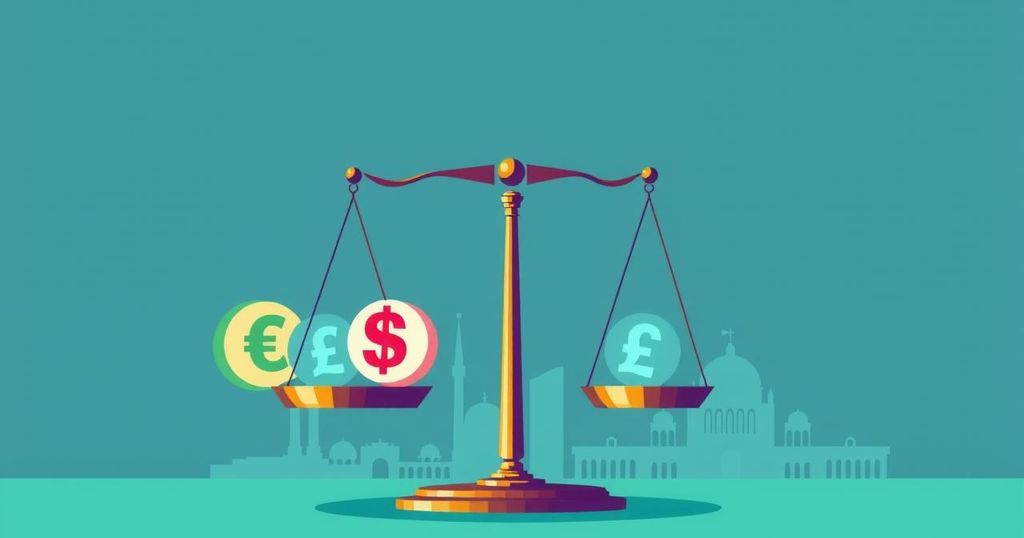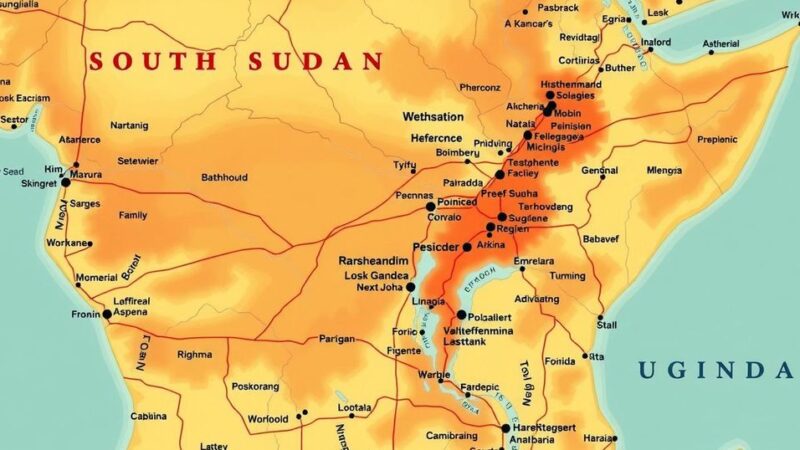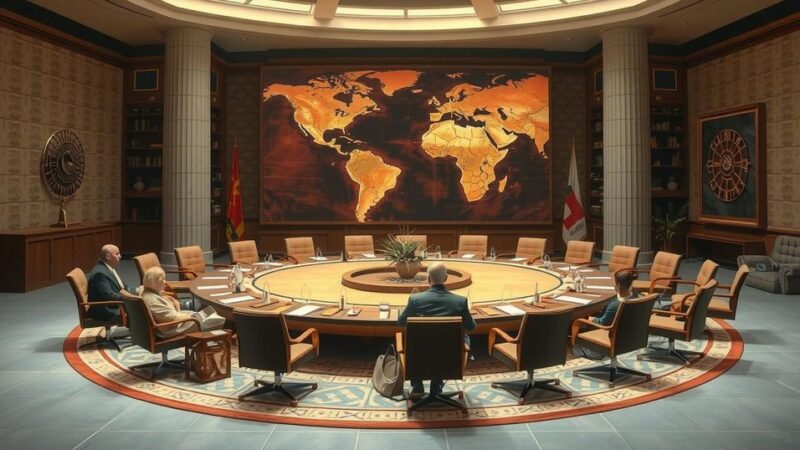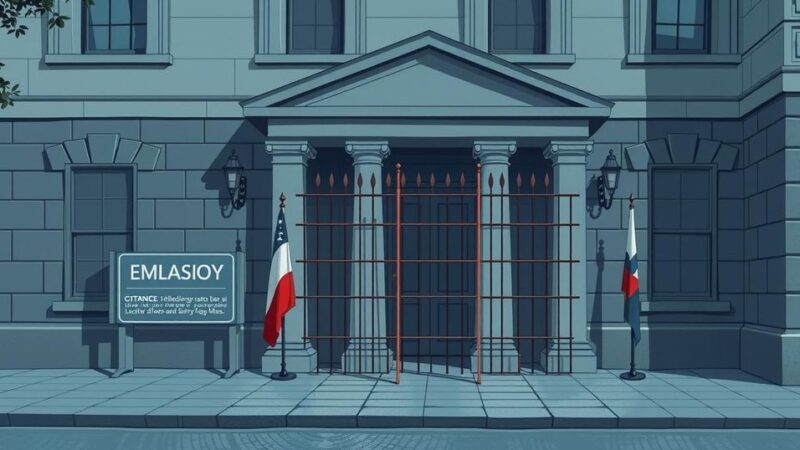The IMF emphasizes that a cohesive financial reform plan is crucial for Lebanon to tackle its economic challenges and attract foreign funding. The Lebanese government is committed to advancing these reforms, which are necessary to unlock aid and improve governance. Diplomatic efforts have also led to the release of captives held by Israel, reflecting a broader strategy of negotiation in addressing complex regional issues.
On Wednesday, Ernesto Ramirez Rigo, the head of the IMF mission to Lebanon, stated that a unified financial reform plan is essential for Lebanon to address its economic challenges and secure foreign funding. During his meeting with President Joseph Aoun, who affirmed Lebanon’s commitment to implementing reforms, Rigo emphasized the importance of the plan’s approval by all stakeholders for it to progress through parliament.
Negotiations between the Lebanese government and the IMF seek to establish critical reforms necessary for the nation’s financial recovery, which has been hindered since 2019 due to factors such as economic mismanagement and corruption. According to Najat Charafeddine, an aide to the president, the IMF underscored that Lebanon’s proposed reforms would facilitate access to much-needed aid, particularly from allied nations.
The IMF’s delegation outlined that achieving these reforms would serve as a crucial endorsement, allowing Lebanon to access assistance. They stressed the need for Lebanon to return to fundamental economic practices, which includes revising banking secrecy laws and restructuring the financial sector, areas that have faced delays due to internal disagreements.
Technical discussions involving IMF and World Bank experts have been conducted alongside officials from the Lebanese Ministry of Finance, aimed at fostering transparency in public finances and advancing broader reforms. The IMF team met with key Lebanese political figures, including Prime Minister Nawaf Salam, to deliberate on the economic plan and the necessary reforms.
Finance Minister Yassine Jaber highlighted the importance of appointing a new governor for Banque du Liban, noting the individual’s pivotal role in collaboration with the IMF. Jaber assured that reforms are underway, particularly regarding amendments to Lebanon’s Monetary and Credit Law and a gradual approach to addressing the frozen deposits held in banks.
Ousmane Dione, Vice President of the World Bank for the Middle East and North Africa, previously indicated that implementing the proposed reforms would enhance credibility and attract investment. The IMF delegation is scheduled to meet with a technical committee within the Association of Banks to discuss banking operations and restrictions following the financial crisis.
In a separate context, Lebanon’s diplomatic maneuvers have resulted in the release of four captives held by Israel, an outcome welcomed by Hezbollah supporters. This diplomatic success was noted as being achieved without military action, emphasizing the efficacy of negotiations in securing the captives’ release.
Israeli officials have acknowledged ongoing discussions with Lebanon regarding border issues and the establishment of a broader agreement to sustain the ceasefire following the conflict. A joint statement from the US, French embassies, and UNIFIL has confirmed the commitment to regular meetings to implement hostilities cessation measures.
Israel is actively seeking normalization with Lebanon, while both countries continue to navigate unresolved border disputes, underscoring a complex dynamic as they interact on these pivotal issues.
The IMF’s engagement with Lebanon underscores the critical importance of a unified financial reform plan for securing foreign aid and fostering economic recovery. The reforms proposed by Lebanon must garner broad support to progress and address fundamental issues in the banking sector. Furthermore, Lebanon’s diplomatic achievements in securing the release of captives reflect a shift towards negotiation, while ongoing discussions with Israel signal a holistic approach to resolving bilateral disputes. Overall, Lebanon stands at a pivotal juncture, requiring concerted efforts to implement essential reforms and stabilize its economy.
Original Source: www.arabnews.com






